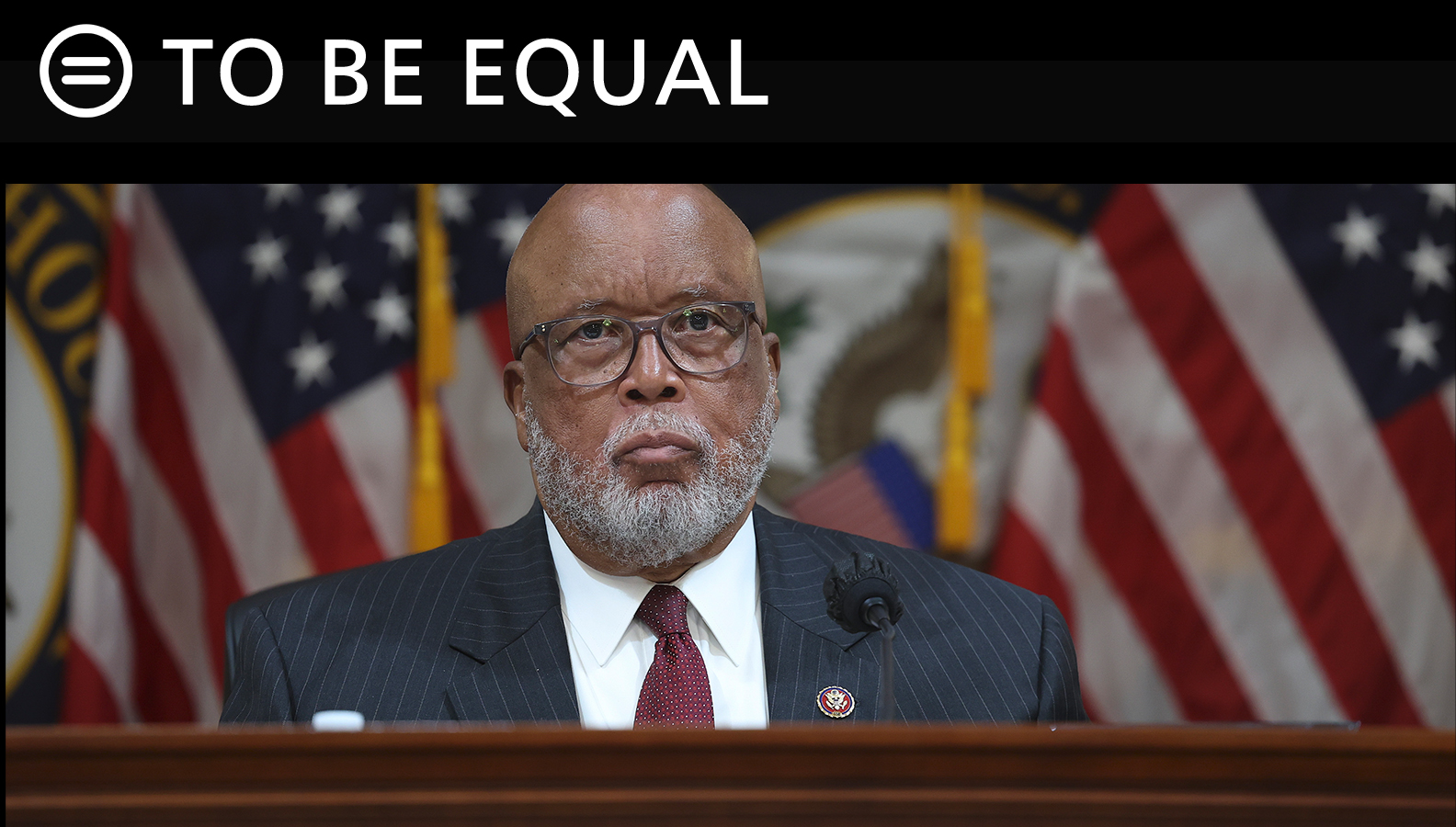Bennie Thompson’s Historic Leadership Of Jan. 6th Committee Is An Extension Of A Lifelong Mission To Safeguard Voting Rights And Racial Justice

Marc H. Morial
President and CEO
National Urban League
“This committee is nearing the end of its work. But as a country, we remain in strange and uncharted waters. We've never had a president of the United States stir up a violent attempt to block the transfer of power. I believe, nearly two years later, this is still a time of reflection and reckoning. If we are to survive as a nation of laws and democracy, this can never happen again.” -- U.S. Rep. Bennie Thompson, Chair, House January 6 Committee
It is difficult to overstate the profound gravity of the decision by the House Select Committee to Investigate the January 6 Attack on the United States Capitol to recommend criminal charges against former President Donald Trump, or the grievous nature of his alleged crimes.
Almost as astounding has been the meticulous, conscientious work of the January 6 Committee under the resolute leadership of Chair Bennie Thompson.
In an environment where the instruments of government increasingly are exploited for political advantage, Rep. Thompson oversaw a clear-eyed, non-partisan, and fearless examination of the facts surrounding one of the darkest days in U.S. history.
The committee’s referral marks the first time in the nation’s history that federal law-enforcement officials have faced the prospect of criminally prosecuting a former president and a declared candidate to claim the office for a second time.
A federal grand jury in February 1974 was prepared to indict sitting President Richard Nixon on four criminal counts for his role in the Watergate scandal. But a 1973 opinion by the Justice Department’s Office of Legal Counsel in 1973 concluded against indicting a sitting President. This conclusion, reaffirmed in 2000, guided special counsel Robert Mueller’s decision not to charge Trump with obstruction of justice related to the investigation of Russian interference in the 2016 U.S. presidential election.
It also arguably bolstered Trump’s exaggerated sense of impunity which led directly to the events of January 6. The mob that attempted to carry out Trump’s coup displayed the same sense of impunity, making no effort to hide their crimes, even posting the evidence on social media. The Big Lie of voter fraud, they believed, justified their violence.
Rep. Thompson, born and raised in Jim Crow Mississippi, has seen the power of a lie employed to justify violence, and it has fueled his determination to seek full accountability for those responsible.
“I’m from a part of the country where people justify the actions of slavery, Ku Klux Klan, and lynching. I’m reminded of that dark history as I hear voices today try and justify the actions of the insurrectionists of January 6, 2021,” he said as he opened the committee’s first public hearing on June 9.
Chairing the committee was an extension of his lifelong mission to protect voting rights and racial justice.
“We are supposed to be a democracy,” he told the New York Times. “And when we see people carrying Confederate battle flags in the group, that’s the symbol of slavery and absolute resistance to the rule of law. So for me, it was bringing back a part of our history that none of us should be proud of.”
Rep. Thompson has a very personal connection to that history. Textbooks used in the segregated schools where he was educated – books that only reached Black students after they were discarded by white schools, “showed Black people as slaves, butlers or choppers in the field,” he said. “You didn't see a Black senator or a Black representative or a Black lieutenant governor. You only saw Black people in menial kinds of responsibilities.”
In his early teen years, he attended mass meetings in Jackson where he met Medgar Evers. He and a few friends were arrested for protesting but released because they were underage.
As a student at Tougaloo College, he worked as a member of the Student Nonviolent Coordinating Committee to register Black voters and volunteered on the congressional campaign of Fannie Lou Hamer.
He launched his career in public service immediately after graduating, elected as an alderman in his hometown of Bolton, Mississippi, in 1969 and as mayor in 1973. Following his two terms as mayor, he served on the Hinds County Board of Supervisors until his election to Congress in 1993.
In his 30 years in Congress, he has compiled an impressive list of achievements including creation of the National Center for Minority Health and Health Care Disparities, disaster relief reforms in the wake of Hurricane Katrina, and the most comprehensive homeland security package since September 11, 2001.
But he considers the work of the January 6 Committee his most important.
“I want it to benefit this country and the world,” he told the New York Times. “Because we still, in my humble opinion, are still the greatest country in the world. We just had a hiccup on Jan. 6. And we have to fix it.”
###
50TBE 12/22/22 ▪ 80 Pine Street ▪ New York, NY 10005 ▪ (212) 558-5300
Connect with the National Urban League
Facebook: https://www.facebook.com/NatUrbanLeague
Twitter: https://twitter.com/naturbanleague
Instagram: https://www.instagram.com/naturbanleague
Website: https://www.NUL.org
Newsletter: http://bit.ly/SubscribeNUL
YouTube: http://bit.ly/YTSubNUL

